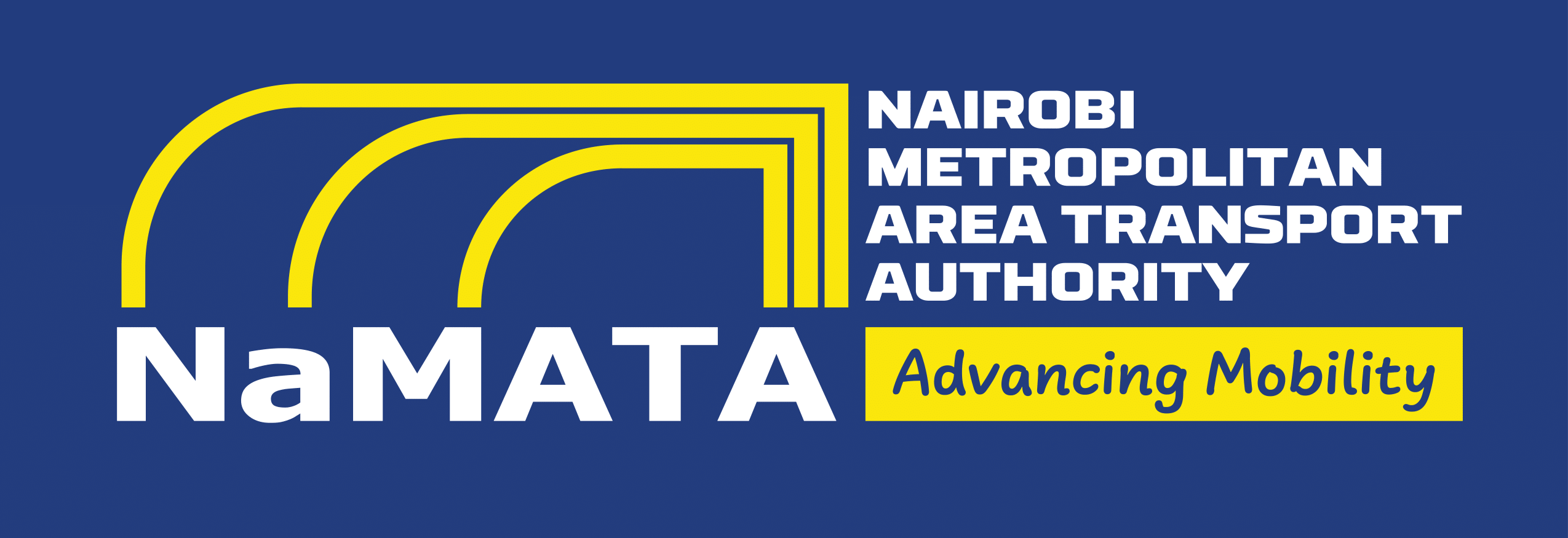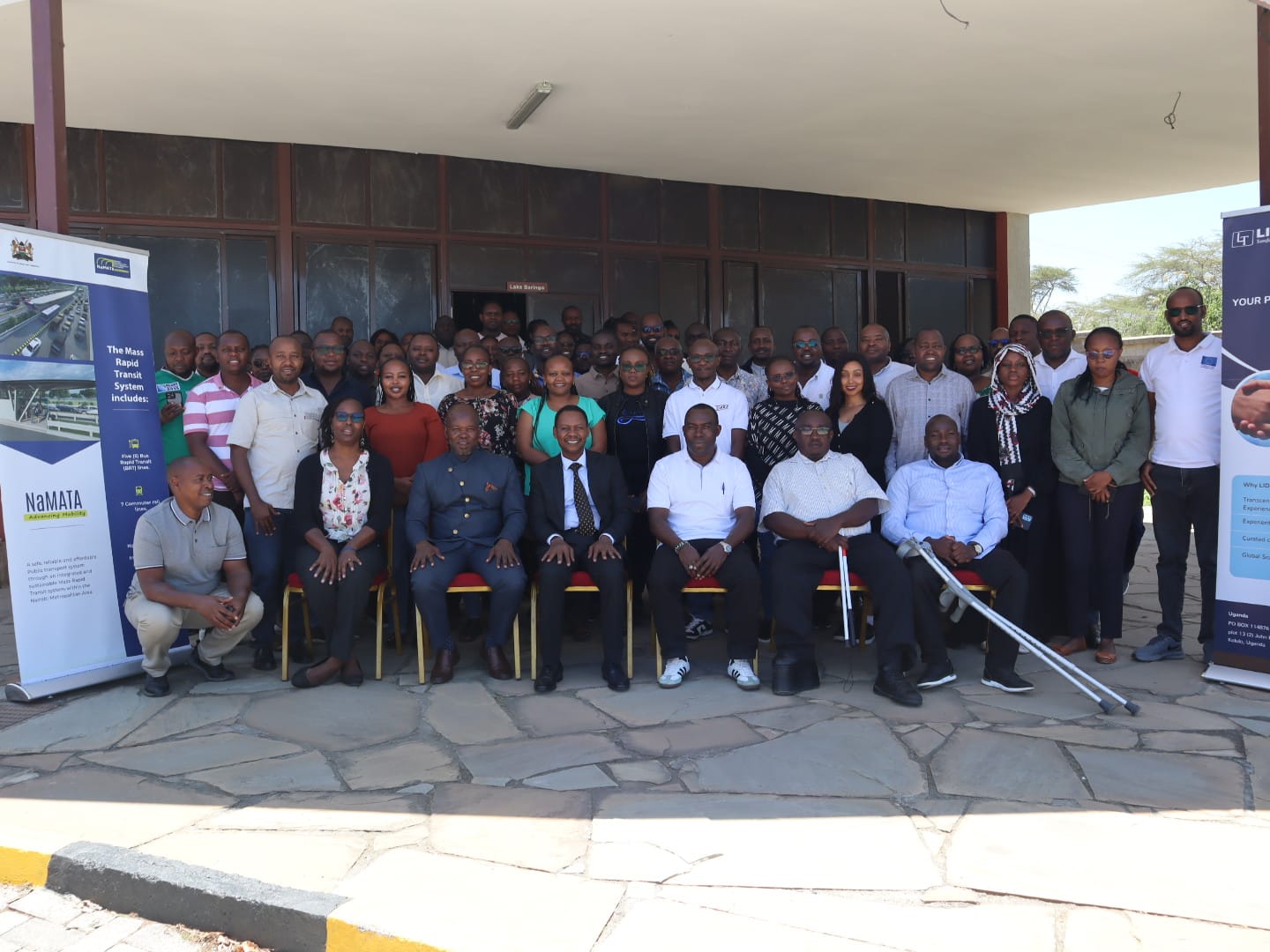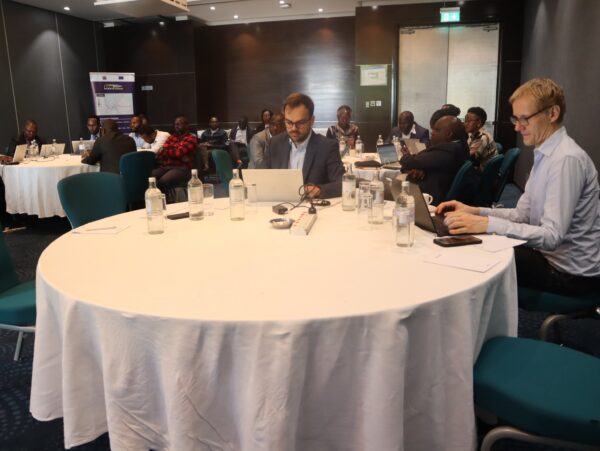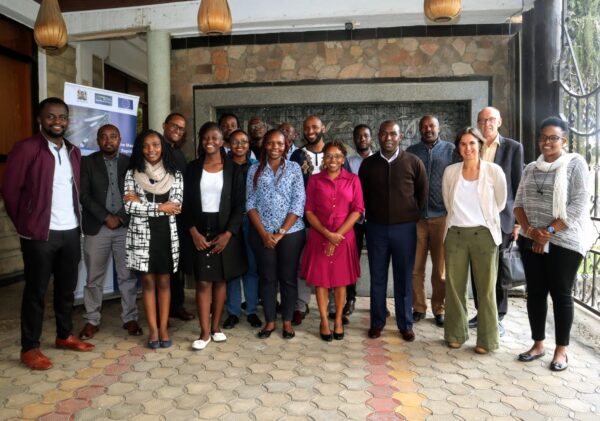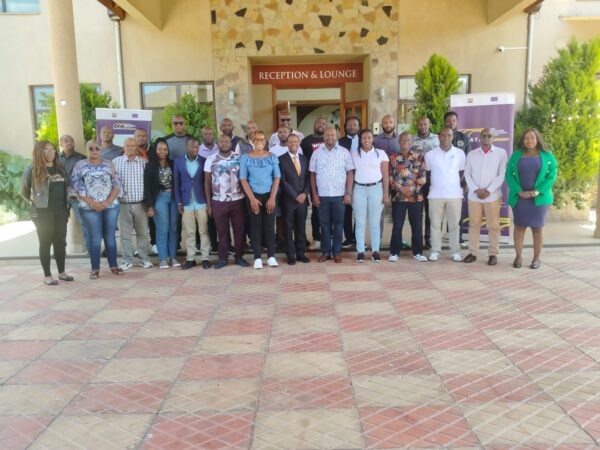The Nairobi Metropolitan Area Transport Authority (NaMATA) recently concluded a 10-day Stakeholder Training Programme focused on Multi-Stakeholder Engagement & Sustainable Urban Mobility Planning (SUMP). Held at the Burch’s Resort in Naivasha, the training brought together key stakeholders from various government agencies, county governments, and transport sector organizations to foster collaboration and enhance sustainable urban mobility in the Nairobi Metropolitan Area (NMA).
Programme Overview
The training programme was designed to equip participants with the tools and techniques necessary for building robust stakeholder relationships, fostering collaboration, and ensuring impactful communication in transport projects. By aligning stakeholder expectations, addressing potential conflicts proactively, and promoting trust, the programme aimed to ensure the success of transport projects while fostering long-term partnerships.
Key Objectives of the Training
- Enhance Collaboration: Foster collaboration among stakeholders to improve the outcomes of transport projects through the principles of Sustainable Urban Mobility Planning (SUMP).
- Align Expectations: Align stakeholder expectations to ensure a unified approach to urban mobility planning.
- Conflict Resolution: Proactively address potential conflicts to ensure smooth project implementation.
- Skill Development: Equip participants with skills in negotiation, influence, and emotional intelligence to enhance stakeholder engagement.
- Promote Sustainable Mobility: Promote the adoption of SUMP principles to create sustainable, efficient, and inclusive urban transport systems.
Participants
The training brought together representatives from a wide range of organizations, including:
- Kenya National Highways Authority (KENHA)
- Kenya Urban Roads Authority (KURA)
- National Transport and Safety Authority (NTSA)
- Kenya Airports Authority (KAA)
- State Department of Transport (SDoT)
- State Department of Roads (SDoR)
- State Department of Shipping and Maritime (SDSP)
- National Gender and Equality Commission (NGEC)
- Kenya Ports Authority (KPA)
- Kenya Railways Corporation (KRC)
- State Department of Gender (SDoG)
- Kenya Civil Aviation Authority (KCAA)
- County Governments of Nairobi, Muranga, Kajiado, Kiambu, and Machakos
Training Methodology
The programme employed a dynamic and interactive delivery methodology to ensure maximum engagement and practical learning. Key components included:
- Instructor-Led Presentations: Expert-led sessions on SUMP principles, stakeholder engagement strategies, and conflict resolution techniques.
- Group Discussions: Interactive discussions to encourage knowledge sharing and collaborative problem-solving.
- Sessions: Hands-on exercises to apply theoretical concepts to real-world scenarios.
- Case Studies: Analysis of real-world case studies to understand best practices and lessons learned in sustainable urban mobility planning.
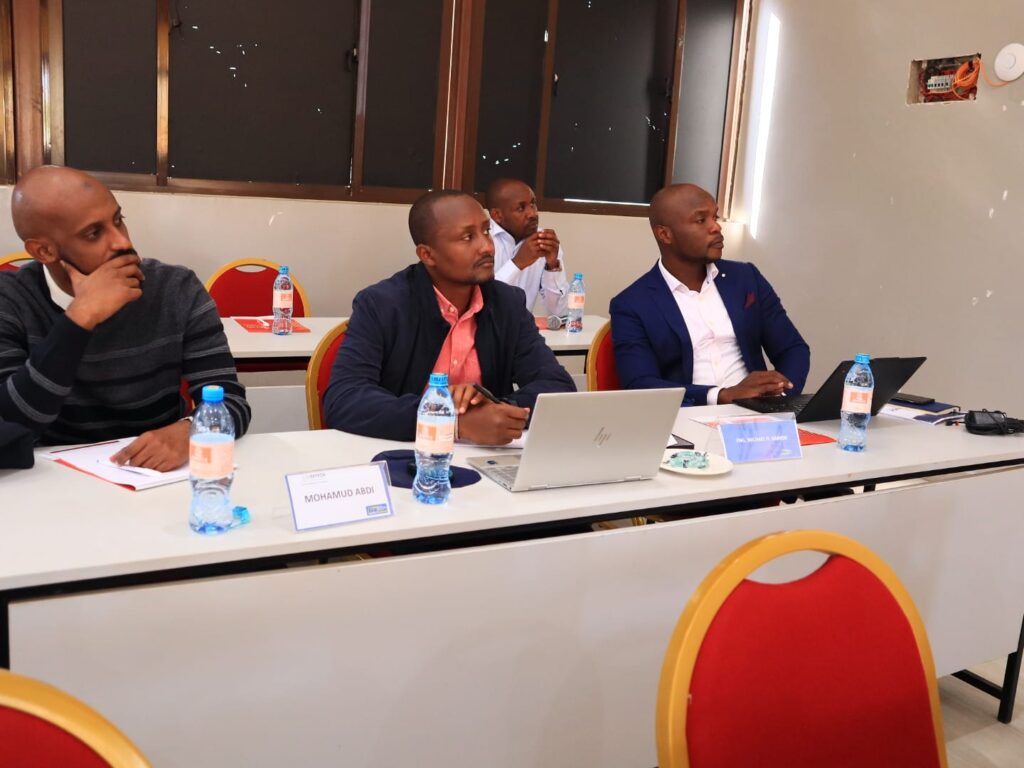
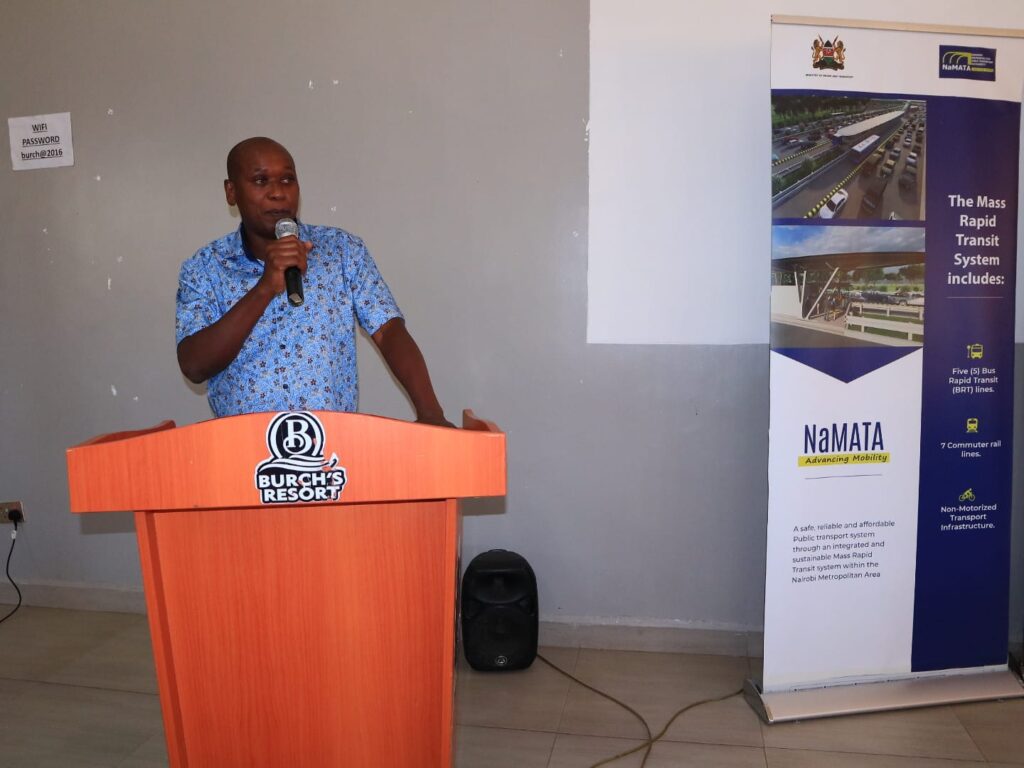
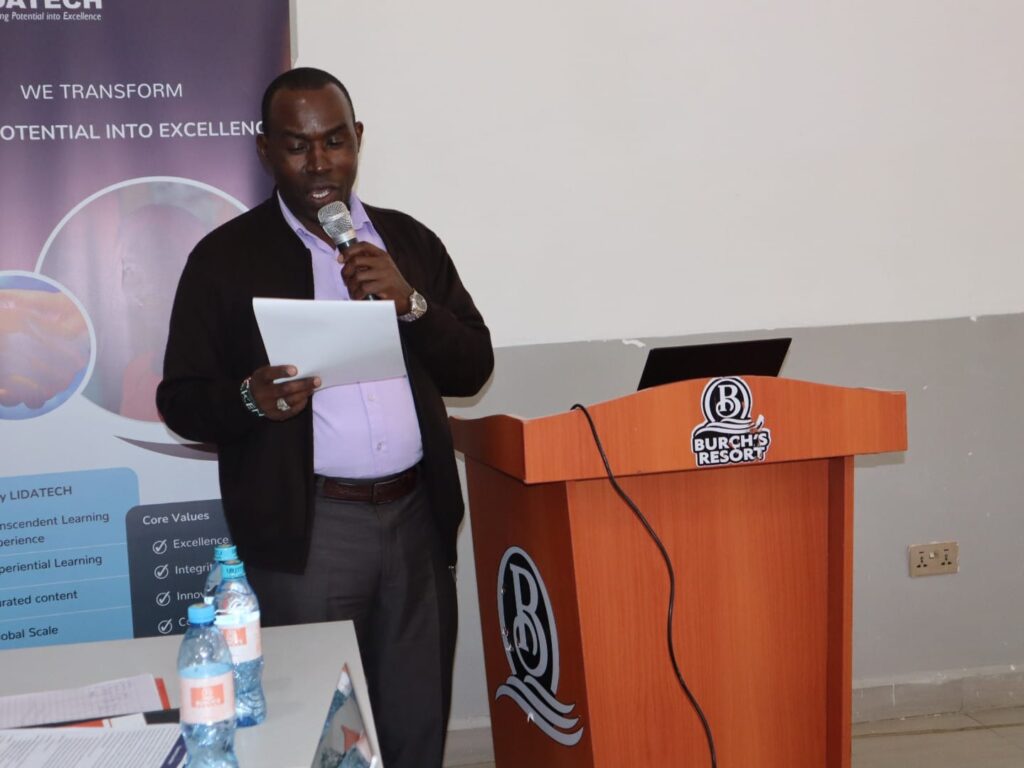
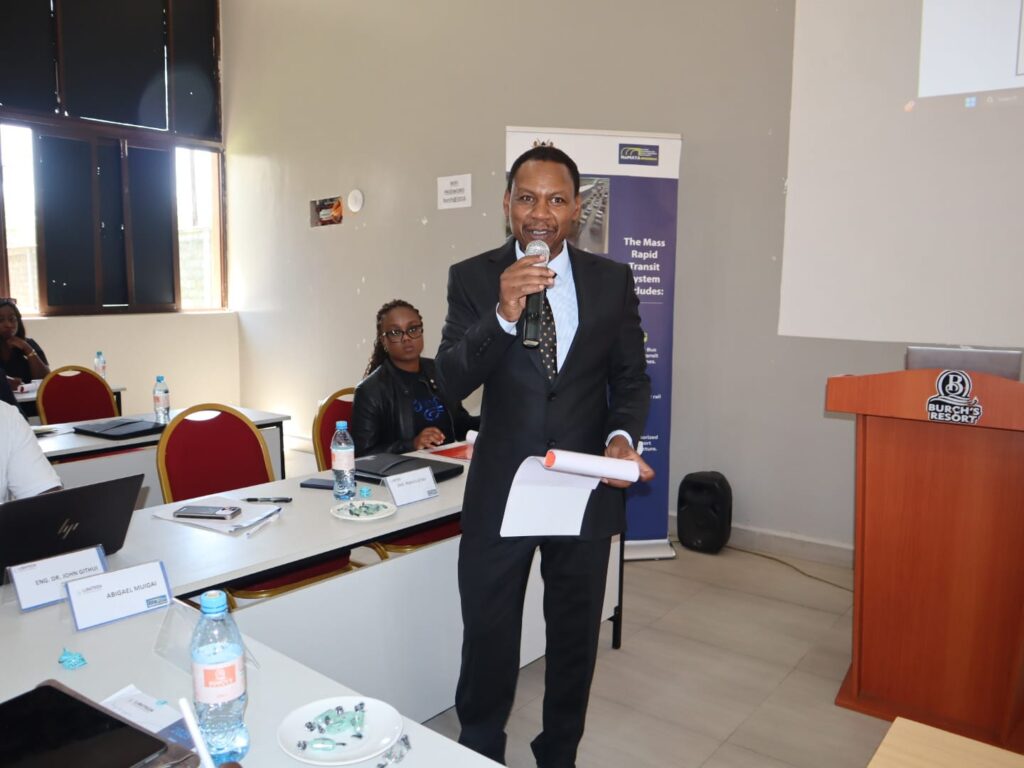
Outcomes and Achievements
Participants left the training equipped with the skills and knowledge necessary to drive sustainable urban mobility initiatives in their respective organizations. Key outcomes included:
- Enhanced understanding of SUMP principles and their application in the NMA.
- Improved skills in stakeholder engagement, negotiation, and emotional intelligence.
- Strengthened collaboration among stakeholders to ensure the success of transport projects.
- Development of strategies to proactively address potential conflicts and align stakeholder expectations.
Upon successful completion of the programme, participants were awarded a Certificate of Competence in Stakeholder Engagement and Communication in Transport Projects, recognizing their commitment to advancing sustainable urban mobility in the NMA.
Quotes from Participants
“The training was an eye-opener. It provided us with practical tools to engage stakeholders effectively and ensure the success of our transport projects.”
– Representative from KURA.
“The collaborative approach of the programme has strengthened our partnerships and will undoubtedly lead to better outcomes for urban mobility in the NMA.”
– County Government Representative.
Looking Ahead
The success of this training programme underscores NaMATA’s commitment to fostering sustainable urban mobility in the Nairobi Metropolitan Area. By equipping stakeholders with the necessary skills and promoting collaboration, NaMATA is paving the way for a more efficient, inclusive, and sustainable transport system.
#SustainableMobility #StakeholderEngagement #NaMATA #UrbanPlanning #Collaboration #SUMP #TransportProjects #NairobiMetropolitanArea #Kenya
